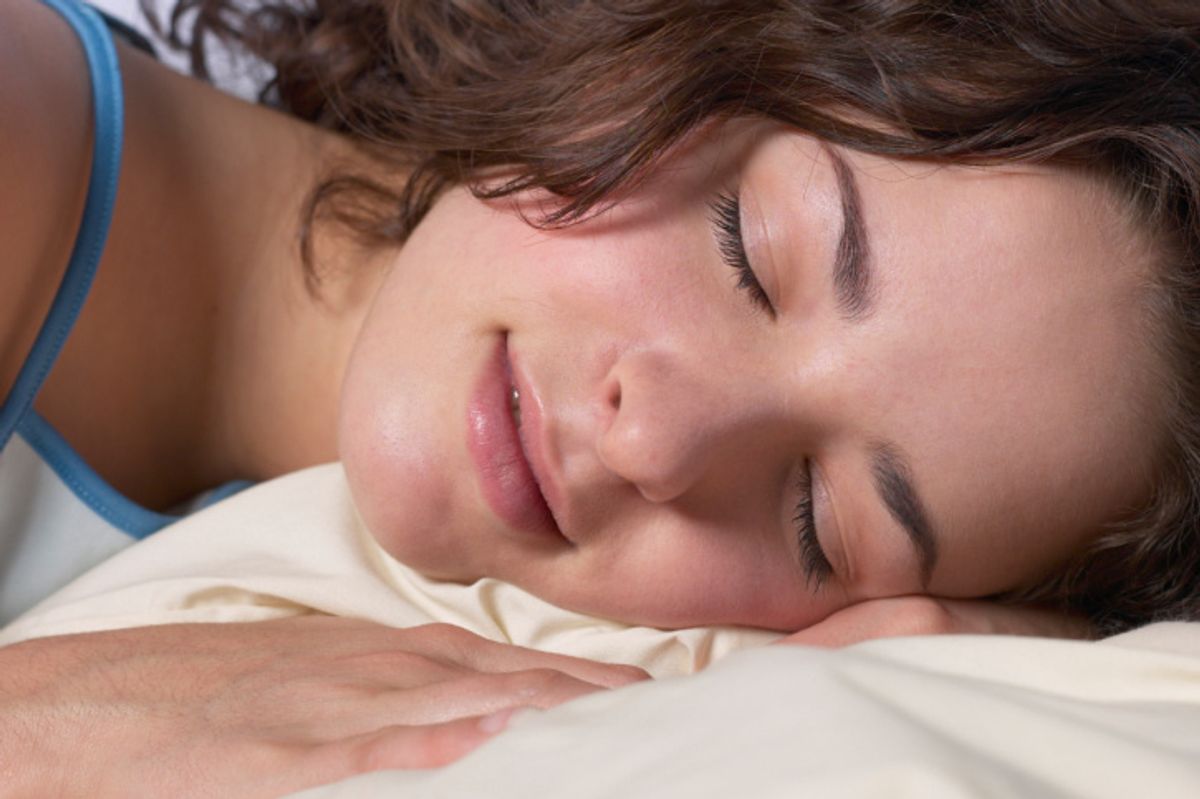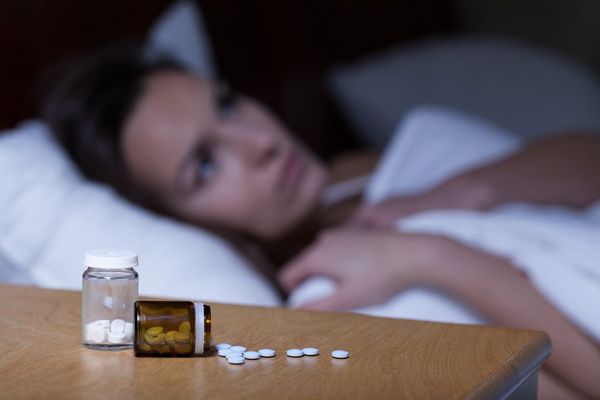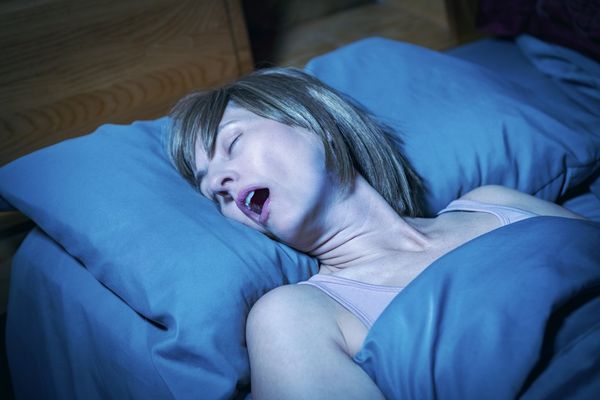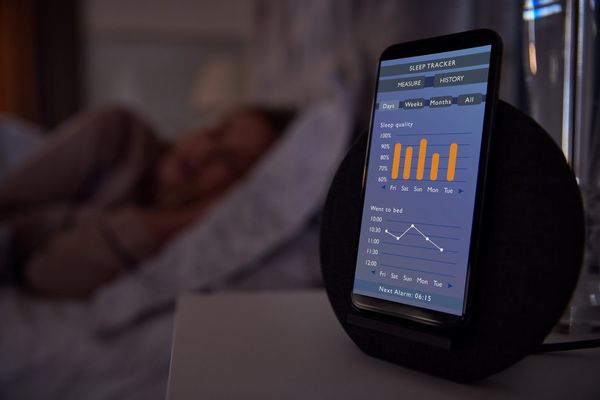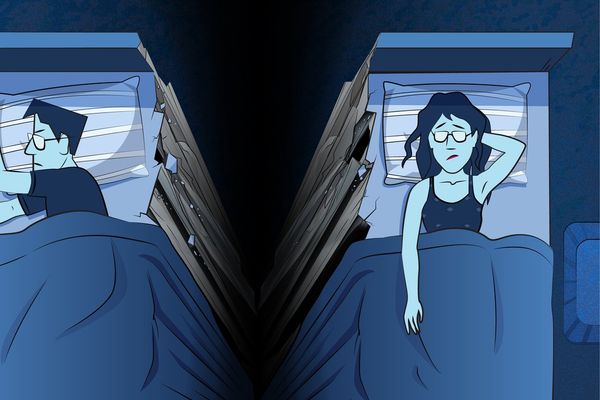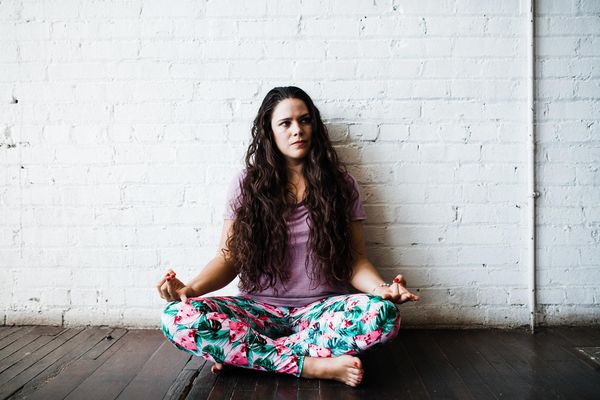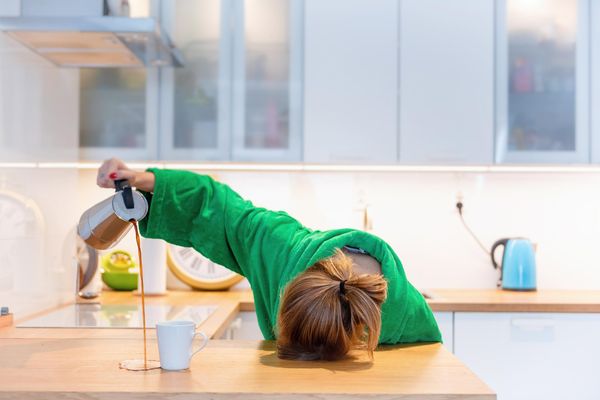If you can't remember the last time you woke up feeling rested and refreshed, you're not alone. Many of us have trouble falling asleep or awaken during the night and can't go back to sleep. Women are more likely than men to have such insomnia.
Poor sleep takes a toll no matter what time of year it is. Sleep disruption produces fatigue, reduced functioning, impaired memory and lowered mood, among other problems. It's also associated with conditions such as diabetes, high blood pressure, congestive heart failure, anxiety and depression.
Yet you can get more, and better, sleep—without drugs—by understanding your own sleep profile, adjusting some of your daily behavior patterns and making sleep-friendly nutritional choices.
"Behavioral treatments are usually more effective in treating insomnia long-term than medications," says Matthew R. Ebben, PhD, assistant professor of psychology in neurology, the Center for Sleep Medicine, New York Presbyterian Hospital-Weill Medical College of Cornell University. "Managing what you do is the most important factor to help you sleep at night."
Know what you need
How often do you steal time from sleeping in order to catch up on work, house chores, family activities or just watch something entertaining on TV?
To make sure you're sleeping enough, you have to know your sleep need. That might not be the proverbial eight-hours-a-night we always hear about. Individuals differ in the sleep duration that's right for them, as well as in how little sleep it takes to make them drowsy in the daytime.
"If you happen to be a 10-hour sleeper, the fact that there are some people who get along on five hours of sleep and feel fully rested doesn't help you. You're still going to need your 10 hours," Dr. Ebben says.
To find your sleep need, allow yourself to sleep and see how many hours it takes for you to feel refreshed. You might be so sleep-deprived that it will take some time to figure out your actual need. Use that number of hours to schedule a standard bedtime and wake time.
Keep to those times as consistently as possible, even on weekends. Staying up late and then sleeping to noon messes with your natural sleep-wake cycle as controlled by your circadian clock, which are set by sunlight. When your circadian rhythms shift, it's harder to fall asleep and wake up on schedule. If that pattern continues, you can develop a delayed sleep phase and become very sleep deprived.
Allowing more time than you need for sleep isn't the answer. An eight-hour sleeper who stays in bed for 10 hours will get eight hours of fragmented sleep stretched over those 10 hours, Dr. Ebben explains. "They won't sleep longer than their sleep need."
Food timing matters, too
What you eat and drink influences how well your body gets ready for bed. If your habit is to have a late dinner and then go to sleep within an hour or two, the activity of digestion will keep your brain and body awake longer, says Lisa Dorfman, MS, RD, spokesperson for the American Dietetic Association, sports nutritionist and adjunct professor at the University of Miami.
"For your evening meal, you don't want to exceed 500 to 700 calories at least two hours before bedtime," Ms. Dorfman says. Avoid eating a lot of protein in that meal because protein contributes to alertness, she says. Carbohydrates, which tend to have a calming effect, are a better choice.
You might want to re-think that brownie after dinner or late afternoon cup of tea as well. People with sleep problems who drink caffeinated coffee, tea or soda, or eat chocolate (which contains caffeine) ought to eliminate, or reduce, their caffeine intake. Caffeine stays in your system for up to seven hours and may keep you alert for 20 hours.
It also stimulates restless leg syndrome, a condition that can cause insomnia and makes it hard to fall asleep, Dr. Ebben says. If you don't want to give up caffeine entirely, Ms. Dorfman recommends timing your consumption to end by midday.
Does a full bladder regularly wake you up at night? It helps to time your last beverage for about three hours before bedtime. Even if you don't have that problem, forget the nightcap. Alcohol may make you drowsy at first, but it causes fragmented or light sleep once your body starts metabolizing it.
More ideas for restoring good sleep:
- If you can't fall asleep, get out of bed. Avoid spending time awake in your bedroom. That means no TV, laptop use or even reading under the covers.
- Nix naps. Sure, you want a daytime nap after a poor night's sleep. Fight that urge. Napping takes away from your nighttime sleep need and makes it harder to fall asleep. That sets up a continuing cycle of disrupted sleep and napping that keeps you from getting meaningful rest.
- Exercise at the right time. Morning exercise may help your body clock stay active during the day and become ready for sleep at night. "Exercise can help sleep, particularly in people who are very anxious," Dr. Ebben says. "As long as you don't do it too close to bedtime, it's something that definitely can help you sleep."
- Another good reason for losing weight. A higher body mass index (BMI) contributes to shortened sleep. Excessive weight appears to increase insomnia, Dr. Ebben says. Obesity also increases your risk of obstructive sleep apnea, in which you stop breathing during sleep. Those interruptions wake you briefly and cause fragmented sleep. See a health care professional if you think you might have sleep apnea (treatments exist even if you don't lose weight).
- Help for night shift workers. If you come home in the dawn or daylight, wear dark sunglasses to prevent confusing your body clock. Cut out all light from your bedroom while you sleep in the daytime.
- Mom was right. Warm milk gets your body ready for sleep. So does taking a hot bath. When you're warm, cozy and relaxed, you'll be sound asleep before you know it.

